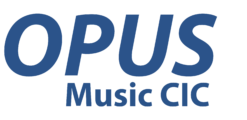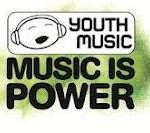
DEADLINE EXTENDED TO 28TH SEPTEMBER 2012
OPUS Music CIC is currently engaged in a residency at Derbyshire Children’s Hospital. This residency has been in place since December 2010, with OPUS musicians visiting the hospital on a regular basis to make music for and with patients, visitors and staff.
From September 2012, OPUS will also deliver new residencies within children’s wards at Leicester Royal Infirmary, Queens Medical Centre in Nottingham and Kings Mill Hospital in Sutton in Ashfield.
These residencies are supported by funding from Youth Music, Derbyshire Children’s Hospital, Nottinghamshire County Council and Leicester City Council with additional support from all partner hospitals, Derbyshire Music Education Hub, soundLINCS and Natal percussion.
As part of this programme of activity, OPUS is offering training for musicians who already work in, or have an interest in working in healthcare settings. Whilst this training will focus primarily on working with hospitalised children and young people, the theoretical background and practice will also be of benefit to those who wish to work with other age groups.
Following the training, there may be opportunities to join OPUS musicians in delivering musical interventions in healthcare settings as part of these residencies or in other programmes of work. We cannot however currently offer any paid work beyond this training.
Training takes place on 25th, 26th, 29th, 30th and 31st October 2012 in Derby, UK. This training programme is subsidised through project funding and as such we require payment of only £75 total for the 5 days of training (payable on acceptance onto the course).
‘I came away from the course with a desire to start doing this work in my own area – it was some of the most fulfilling music work I have done.’
‘I have found understanding in an area that seemed so out of reach before. I have broadened my horizons and developed my passion for this area further.’
‘Really valuable training. The best I’ve done with youth music.’
‘Thank you very much for a brilliant course!!’
Music in Healthcare Training opportunity Artists Brief (pdf)
Music in Healthcare Training application form (pdf)
Music in Healthcare Training application form (word)
Contact: training@opusmusic.org


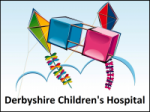
 OPUS musicians have been involved in a year-long project, supporting the development of music and story-making for early years children and their families in library settings across Derbyshire. The project was hugely successful, with many libraries continuing to deliver practice beyond the project. The project was managed and supported by Derbyshire County Council with funding from Youth Music. The full evalution report has now been published.
OPUS musicians have been involved in a year-long project, supporting the development of music and story-making for early years children and their families in library settings across Derbyshire. The project was hugely successful, with many libraries continuing to deliver practice beyond the project. The project was managed and supported by Derbyshire County Council with funding from Youth Music. The full evalution report has now been published. 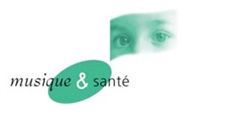 OPUS musicians are all highly trained for music and health practice by internationally renowned leaders in this field, Musique & Santé. Nick Cutts has previously trained alongside a European team of musicians in Manchester, Paris, Krakow and Dublin under the guidance of Musique & Sante trainers. In December 2010, Marianne Clarac, a trainer and musician from Musique & Santé visited Derby for a week to deliver training to all OPUS musicians along with others from the region. Nick is now training again in Manchester and Paris with Musique & Santé as part of a European ‘Train the Trainer’ programme. Nick and OPUS colleagues are currently delivering training to musicians and healthcare staff from across the UK using approaches developed by Musique & Santé over many years.
OPUS musicians are all highly trained for music and health practice by internationally renowned leaders in this field, Musique & Santé. Nick Cutts has previously trained alongside a European team of musicians in Manchester, Paris, Krakow and Dublin under the guidance of Musique & Sante trainers. In December 2010, Marianne Clarac, a trainer and musician from Musique & Santé visited Derby for a week to deliver training to all OPUS musicians along with others from the region. Nick is now training again in Manchester and Paris with Musique & Santé as part of a European ‘Train the Trainer’ programme. Nick and OPUS colleagues are currently delivering training to musicians and healthcare staff from across the UK using approaches developed by Musique & Santé over many years.